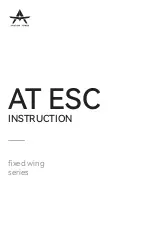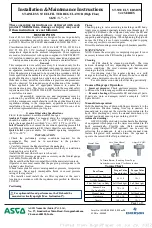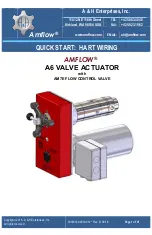
Configuring the main control functions
21040012
45
Another advantage of temperature averaging is that it prevents the Supra from using an undesirable
probe if the one for a zone becomes damaged.
For example, you have four probes connected to the Supra and are using four zones. Temperature
averaging is off. If probe 3 is damaged, the Supra uses the probe for zone 4 to control zone 3. If the
probe for zone 4 is a heat mat probe, this can cause the ventilation equipment for that zone to
operate undesirably. To prevent this, use averaging to isolate dissimilar zones.
With averaging, you could set up the Supra to average one probe for each zone as follows: zone 1 -
probe 1; zone 2 - probe 2; zone 3 - probe 3; zone 4 - probe 4. In this case, if probe 3 is damaged, the
Supra does not default to probe 4; instead, it switches off all the heating elements and sets all the
cooling elements to 100% for that zone.
Temperature averaging and high/low temperature alarms
The Supra generates an alarm condition if
any
averaged probe measures a temperature that is an
alarm condition.
For example, a Supra has four probes averaged and alarms enabled for each of them. The low
temperature alarm setting is 65°F. Probes 1, 2, and 3 read temperatures of 68°F, but probe 4 reads
64°F. Because probe 4 reads a temperature that is below the low alarm setting, the Supra gives a low
temperature alarm, even though the average temperature is 67°F, 2°F above the low alarm setting.
Temperature averaging worksheet
on page 127 when configuring
temperature averaging.
To configure temperature averaging
1.
From the Main Menu, select
Maintenance
(2).
2.
From the Maintenance menu, select
Averaging On/Off
.
The display should look like the following example.
3.
Press
ENTER
.
4.
Press
+
or
–
to change the
Off
to
On
and then press
ENTER
.
5.
Press
BACK
to return to the Maintenance menu.
6.
From the Maintenance menu, select
Averaging Setup
.
The display should look like the following example.
Averaging is: Off
Summary of Contents for Supra-RS
Page 1: ......
Page 8: ...viii...
Page 16: ...Chapter 1 Introduction 16 Phason Understanding the menu structure...
















































